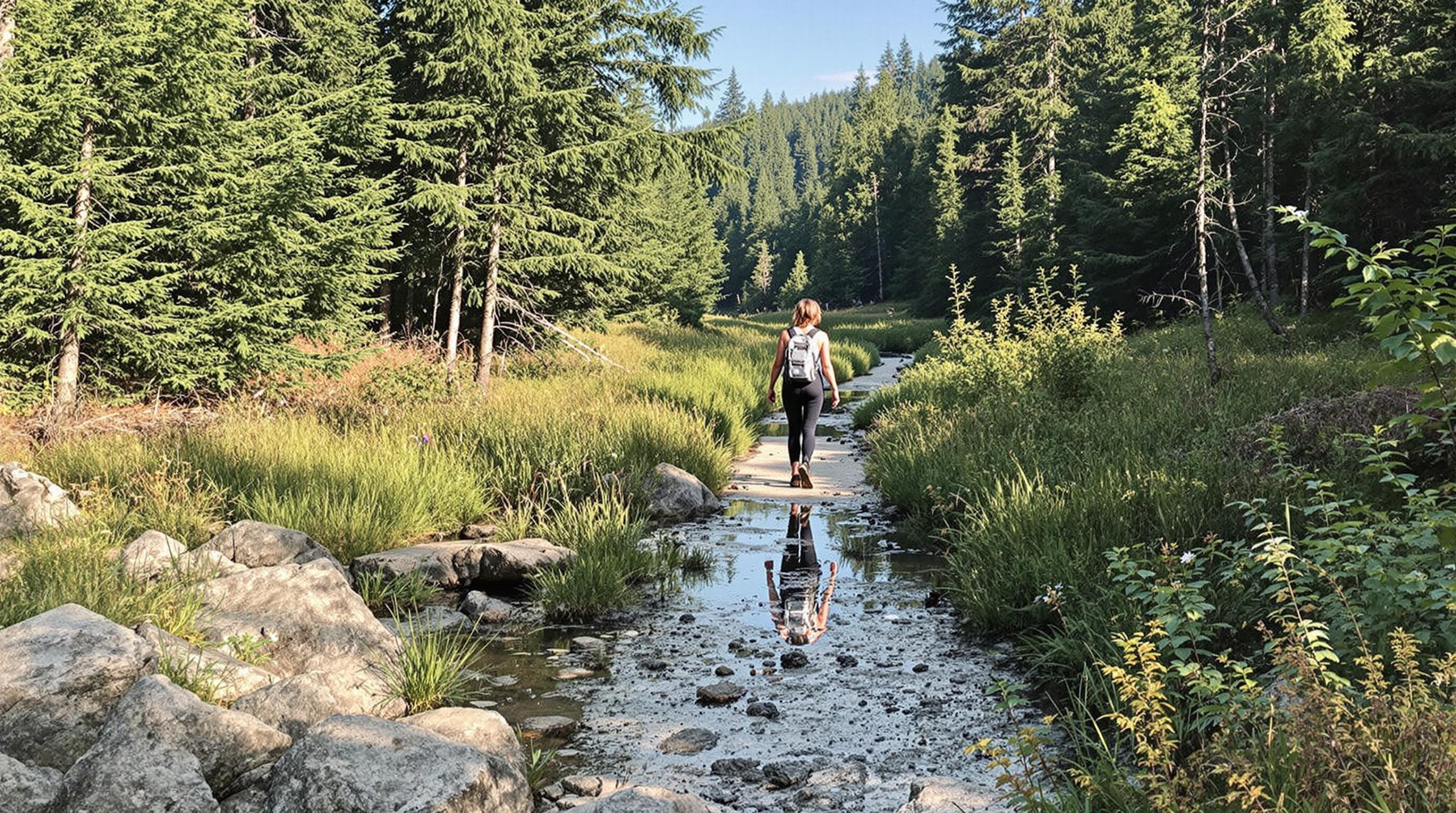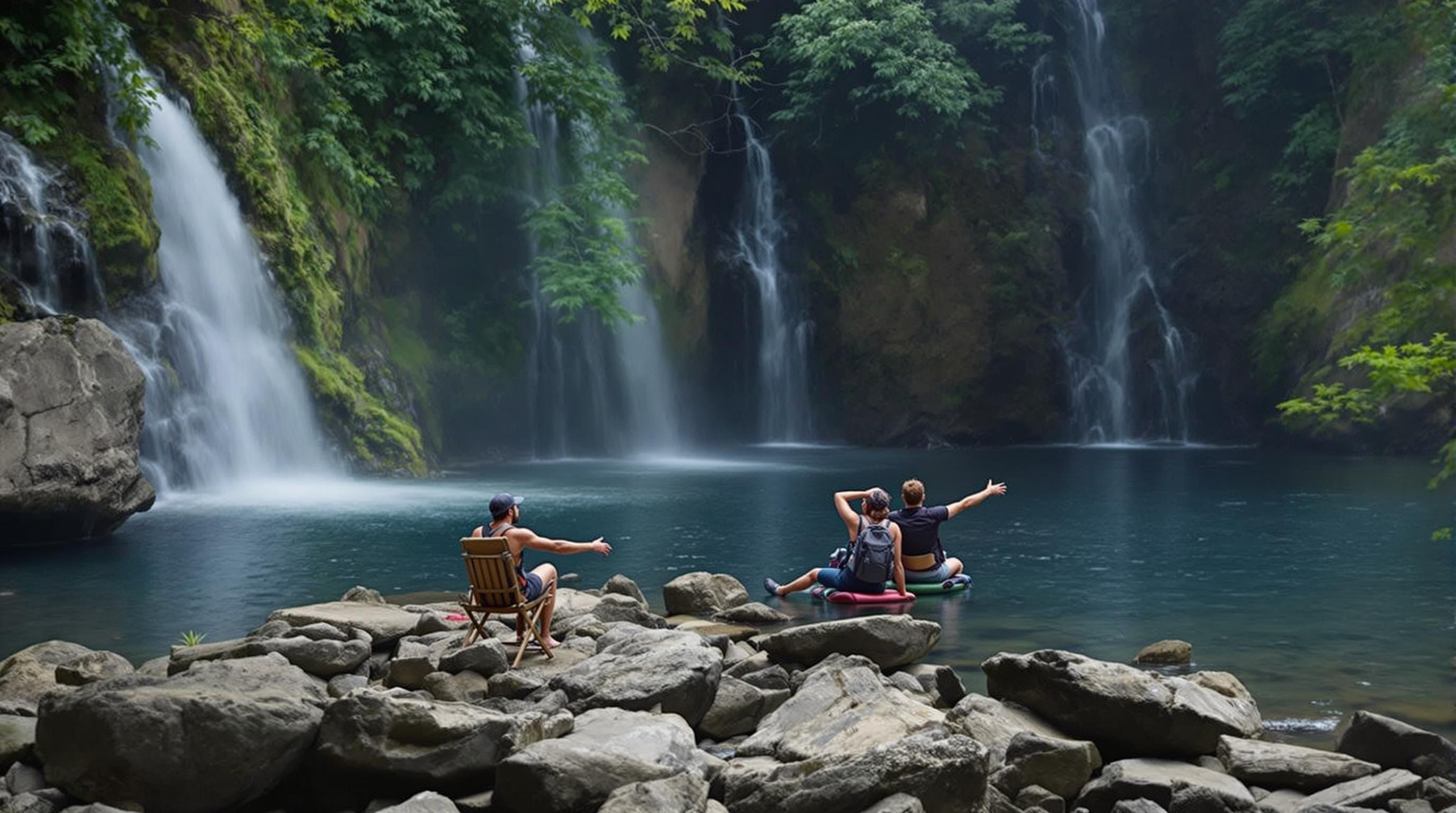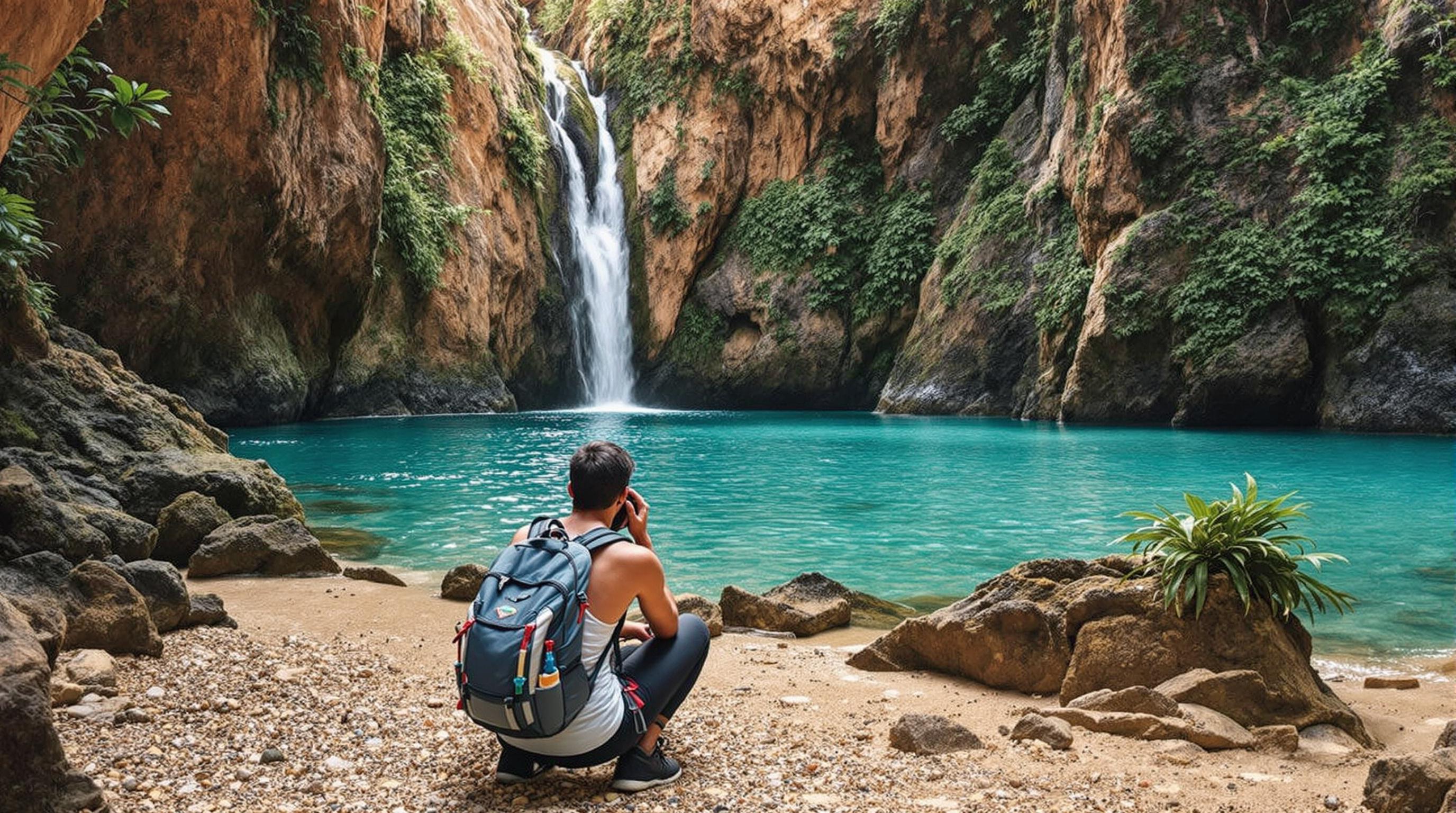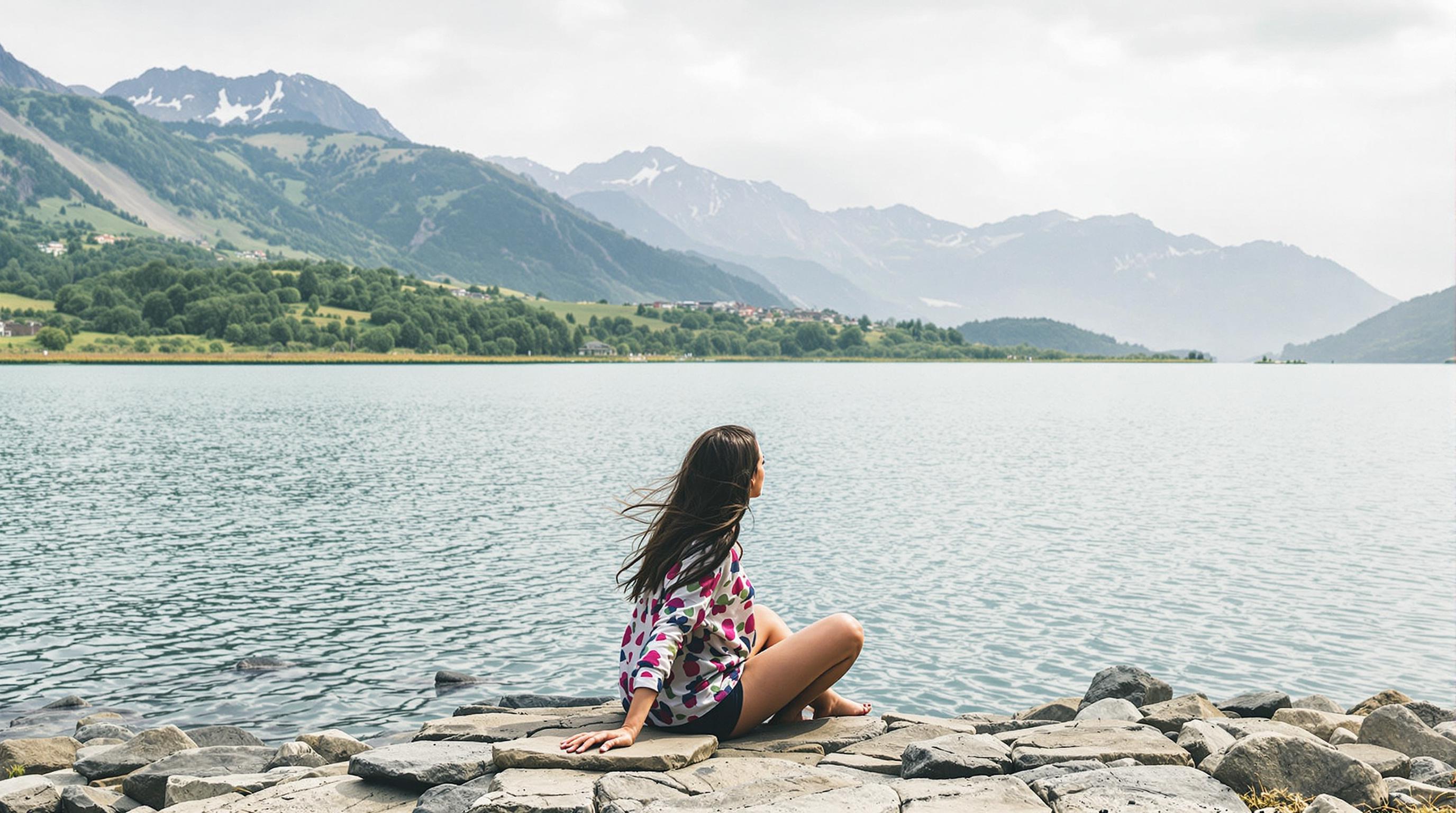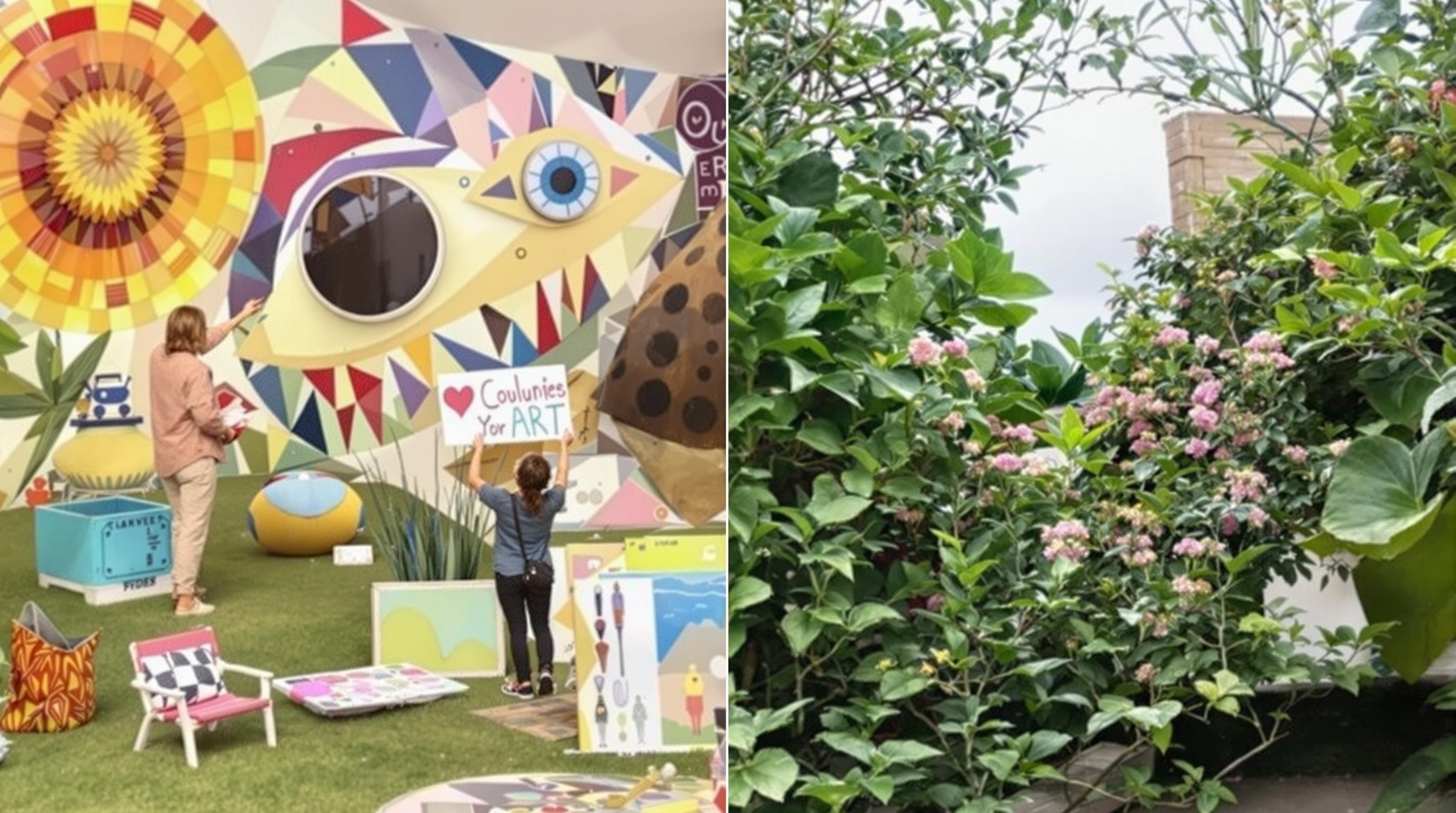Related Articles
- Uncharted Escapes: Navigating the Controversial Allure of Fringe Destinations and Their Untold Stories
- Uncharted Realms: The Surprising Intersection of Urban Legends and Adventure Travel in Offbeat Locations
- Curious Chronicles: Bizarre Transport Innovations Shaping Uncommon Explorations Across Unvisited Trails
- The Forgotten History of Eco-Adventuring: Learning from Indigenous Practices for Modern Exploration
- The Hidden Impact of Eco-Conscious Adventure Games on Environmental Education and Community Resilience
- Uncommon Routes: The Unexpected Appeal of Ghost Town Hikes in Eco-Friendly Exploration
7 Uncommon Eco-Friendly Adventures That Embrace Minimalism: Journey Through Nature with Purpose and Intentional Living
7 Uncommon Eco-Friendly Adventures That Embrace Minimalism: Journey Through Nature with Purpose and Intentional Living
7 Uncommon Eco-Friendly Adventures That Embrace Minimalism: Journey Through Nature with Purpose and Intentional Living
1. Dispersed Camping: Finding Solitude in the Wild
Dispersed camping, or free camping outside designated campsites, encourages adventurers to embrace the wilderness. This form of camping fosters a minimalist mindset as participants carry only the essentials needed for survival and comfort. It requires individuals to prioritize their gear and develop skills for sustainability.
According to the U.S. Forest Service, dispersed camping offers a unique way to connect with nature without the distractions often found in developed campgrounds. This experience reinforces the ethos of “leave no trace,” a critical principle for eco-conscious adventurers. Minimizing waste helps protect natural habitats and maintain the integrity of wild spaces.
Choosing to disperse camp can also lead to quieter, more personal encounters with nature, enriching the journey. A deep connection with the land can spur further reflection on the importance of conservation and shared responsibility for protecting our environment.
2. Wilderness Stewardship Volunteering
Wildlife habitats need constant care, and volunteering for wilderness stewardship combines adventure and service. This unique opportunity allows participants to engage in trail maintenance, habitat restoration, and ecological monitoring. By donating time to these efforts, adventurers gain firsthand experience with ecological challenges.
Volunteering not only benefits the environment but also cultivates empathy and awareness of our interconnectedness with nature. Programs through organizations like the Sierra Club and the Conservation Volunteers offer immersive experiences that foster both personal growth and community impact.
Through stewardship, adventurers learn to appreciate the splendor of the wilderness while contributing to its preservation. It’s a minimalistic approach that encourages intentional living, ensuring that current and future generations can enjoy the wonders of nature.
3. Slow Travel Through Eco-Conscious Routes
Slow travel emphasizes quality over speed, allowing adventurers to delve deeply into local cultures and natural surroundings. Eco-conscious routes, such as biking or hiking through lesser-known areas, help reduce carbon footprints while providing rich experiences. This style challenges the hurried pace of modern travel.
By slowing down, travelers cultivate mindfulness, which can enhance relationships with both the environment and the communities they visit. They often engage with local businesses, ensuring that the economic benefits of travel are shared, rather than diluted by mass tourism. This approach fosters a deep sense of connection to place.
Research by the Global Sustainable Tourism Council highlights the importance of supporting local ecosystems through travel choices. By prioritizing eco-friendly routes, adventurers embrace minimalism by forgoing materialistic gains in favor of authentic connectivity.
4. Nature-Based Skills Workshops
Participating in nature-based skills workshops offers individuals a chance to learn through hands-on experience. From foraging for wild edibles to traditional crafts like basket weaving, these workshops promote self-sufficiency and respect for natural resources. Adopting skills that depend on nature encourages a bond between the individual and the land.
Organizations like the Wilderness Awareness School provide immersive classes that delve into local ecosystems, fostering environmental stewardship. These interactions create spaces for mindfulness, awareness, and an appreciation for the delicate balance of nature.
By honing practical skills, individuals embrace the minimalistic philosophy of using what’s available, thus reducing their reliance on consumer products. Nature skills workshops empower participants to live with intention, illustrating how deeply sustainable practices are rooted in respect for our natural world.
5. Silent Retreats in Nature
Silent retreats taking place in natural settings offer participants a chance to disconnect and reflect. These experiences promote inner peace and mindfulness through solitude and introspection. Retreats often encompass meditative practices, yoga, and purposeful contemplation, allowing participants to experience the healing aspects of nature.
According to a study published by the Journal of Environmental Psychology, nature-based silence has been linked to reduced stress levels and enhanced creativity. Engaging in a silent retreat not only enriches personal well-being but allows adventurers to reconnect with their surroundings on a profound level.
As participants embrace minimalism by limiting external stimuli, they often discover the beauty of their unadorned thoughts. The simplicity of retreating into nature encourages participants to assess their values and intentions, promoting a life lived with purpose.
6. Kayaking with a Purpose: Clean-Up Adventures
Kayaking can transform into a purposeful adventure when combined with environmental clean-up initiatives. Paddling through waterways to collect debris fosters a unique kinship with both nature and fellow participants. This approach emphasizes the importance of protecting aquatic ecosystems while providing a satisfying physical challenge.
Organizations such as the Ocean Conservancy organize clean-up events that merge recreation with meaningful environmental action. Engaging in these efforts allows adventurers to witness the direct impact of their commitment to sustainability firsthand.
This blend of sport and stewardship instills a sense of responsibility in participants, reinforcing the idea that every action, no matter how small, contributes to the larger goal of ecological preservation. Kayaking with intention empowers individuals to cherish nature while actively engaging in its protection.
7. Eco-Photography Expeditions
Eco-photography expeditions invite individuals to explore breathtaking landscapes while committing to conservation. These mindful journeys focus on capturing the beauty of nature without causing harm to sensitive environments. Balancing creativity with responsibility, eco-photography encourages a deeper appreciation for the planet’s splendors.
Capturing landscapes and wildlife fosters an emotional connection to the environment, often driving the photographer to advocate for conservation efforts. Participants learn not only about photography but also about ecology, biodiversity, and the importance of preserving these spaces for future generations.
Collaborating with organizations that promote ethical photography encourages adventurers to view their work as a platform for environmental activism. This commitment to mindful practice reflects minimalism by prioritizing impactful experiences over material possessions.
Conclusion: Embracing Minimalism in Nature
As we explore these seven uncommon eco-friendly adventures that prioritize minimalism, we recognize the profound connections between our journey and the environment. Each experience promotes self-reflection, awareness, and a deeper understanding of our role in nurturing and protecting the earth.
By approaching our adventures with intent and purpose, we foster a mindset that values simplicity, sustainability, and meaningful interactions. These endeavors remind us that living minimally allows us to maximize our impact while staying true to the beauty of our natural world.
In an age where consumerism often reigns supreme, choosing deliberate adventures not only enriches our lives but also contributes to the collective effort of safeguarding our planet. As we embrace these eco-friendly journeys, we pave the way toward a more sustainable future.
